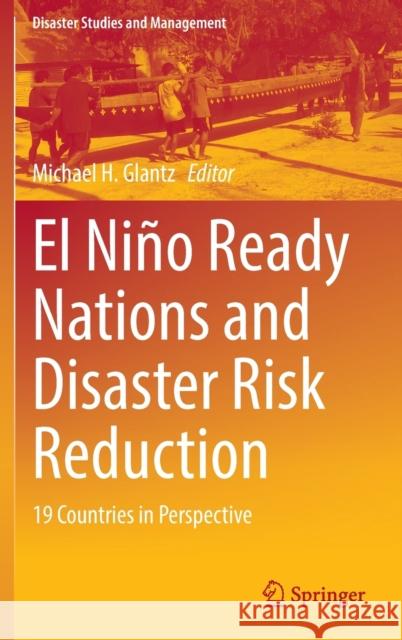El Niño Ready Nations and Disaster Risk Reduction: 19 Countries in Perspective » książka
topmenu
El Niño Ready Nations and Disaster Risk Reduction: 19 Countries in Perspective
ISBN-13: 9783030865023 / Angielski / Twarda / 2022 / 412 str.
El Niño Ready Nations and Disaster Risk Reduction: 19 Countries in Perspective
ISBN-13: 9783030865023 / Angielski / Twarda / 2022 / 412 str.
cena 644,07
(netto: 613,40 VAT: 5%)
Najniższa cena z 30 dni: 616,85
(netto: 613,40 VAT: 5%)
Najniższa cena z 30 dni: 616,85
Termin realizacji zamówienia:
ok. 16-18 dni roboczych.
ok. 16-18 dni roboczych.
Darmowa dostawa!
Kategorie BISAC:
Wydawca:
Springer
Język:
Angielski
ISBN-13:
9783030865023
Rok wydania:
2022
Ilość stron:
412
Waga:
0.75 kg
Wymiary:
23.39 x 15.6 x 2.39
Oprawa:
Twarda
Wolumenów:
01
Dodatkowe informacje:
Wydanie ilustrowane











